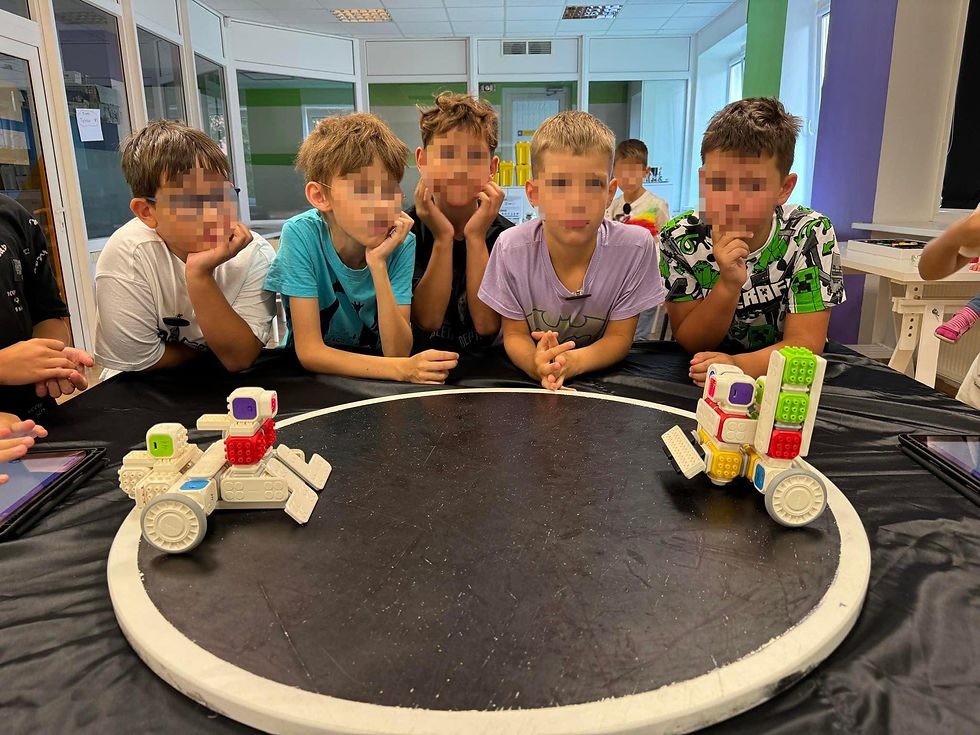Why do we need digital literacy skills in the classroom?
- CUBROID

- Aug 13, 2024
- 2 min read

In the past, it was essential to learn how to read and write.
Nowdays, it's the familiarity with the digital world that takes the wheel. As seemingly everything becomes more digitized, having the tools and wherewithal to navigate a digital-first world has never been more important. These skills, known as digital literacy, are not only required for professionals navigating the working world, but also for students as they learn in today's education environment.
People born around the turn of the century never knew a world without technology, without the Internet, social media, or the access to terabytes of information ever-present right at their fingertips. To them, digital literacy is not a matter of habit, but a way of life.

What is Digital Literacy and why is digital literacy important?
Digital literacy is denfined as "the knowledge, skills and attitudes that allow children to flourish and thrive in an increasingly global digital world, being both safe and empowered, in ways that are appropriate to their age and local cultures and contexts". Digital literacy is importatnt for a number of reasons - it can improve learning, help students discern misinformation and it gives them access to a wide variety of resources, among other things. But most importatnly, children are more exposed to the digital world than older generations. Through the lens of education, we like to think of digital literacy as a student's ability to use digital tools and technologies to work, learn and interact. Digital literacy manifests as both congnitive and technical skills.

The challenges and the solution
While the world of digital technology gifted us with heaps of advantages and countless solutions, it also came with many challenges. How do we make sure children are well-equipped to deal with online bullying, identity theft, that they avoid dagerous individuals, are not exposed to sensitive content, and protect themselves from overexposure? They need to understand that information published online is permanent, and that they have to curate this information meticulously. Let's be honest, we've probably all failed at this at some point. We need the next generation to be better. The education of digital literacy is nothing new. From an early age, children in primary schools are familiarized with computers, programs and digital safety online. This is all great, but often, there's one thing whose importance that gets undervalued: STEM Education.

Creating technology is the future
Children should be able to produce technology as well;to shape it, change it to suit their needs. This is the direction the world is heading: a world of active producer and consumers. It began with the media(social networks) and now trangressed into technology itself. By teaching children the basics of coding and robotics, Cubroid is turning them into the kind of explorative producer and consumers who will understand technology on a deeper level and will be able to change and shape it as they grow older. Their jobs will likely demand it from them.

![[BETT 2026 Recap] More Than Just an Exhibition: How We Rocked London! 🇬🇧🤖](https://static.wixstatic.com/media/a8d36e_cd5dcd281732478bb0679e6445ec2cf8~mv2.png/v1/fill/w_750,h_623,al_c,q_90,enc_avif,quality_auto/a8d36e_cd5dcd281732478bb0679e6445ec2cf8~mv2.png)


Comments